Notably, the 10 disease groups with the highest hospitalization rates such as cardiovascular disease, blood pressure, diabetes, etc., if effectively controlled at the grassroots level, can reduce the number of hospitalizations by up to 80%. These figures clearly demonstrate the irreplaceable role of the grassroots health network in the national health care system.
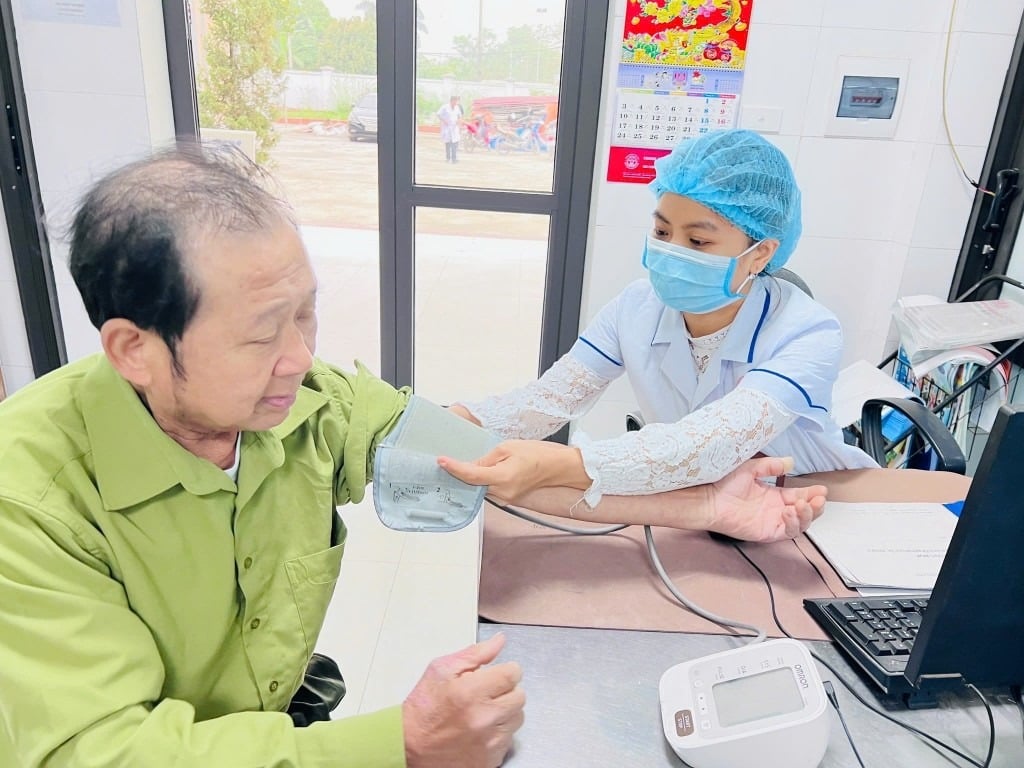 |
| Hanoi has resolutely implemented many systematic solutions to strengthen and improve the quality of grassroots healthcare activities. |
However, in reality, there is still a segment of the population that does not really trust frontline healthcare. They are willing to pay a larger amount of money to go to higher-level or private clinics, even though they can completely receive primary care right at their local area.
According to Mr. Tran Van Chung, Deputy Director of the Hanoi Department of Health, one of the main reasons is the shortage of medical personnel, especially doctors at commune and ward health stations. Even the general clinics of some health centers are having difficulty in ensuring professional staff.
In addition, investment in medical facilities and equipment in many localities has been slower than planned; some districts have not ensured the progress of construction, renovation and repair of medical stations according to national criteria, leading to the implementation of health programs being affected.
Faced with these realities, Hanoi has resolutely implemented many systematic solutions to consolidate and improve the quality of grassroots healthcare activities.
In particular, since the two-level government began operating on July 1, 2025, the Hanoi Department of Health promptly issued Decision No. 1192/QD-SYT on the establishment of 4 professional working groups, providing direct support to 126 commune and ward health stations across the city.
At the same time, on July 7, 2025, Official Dispatch No. 3442/SYT-NVY was issued to provide specific guidance on submitting applications for granting and adjusting medical examination and treatment operation licenses for medical stations.
Many health stations have also actively implemented the family doctor model, applied technology in electronic health record management, organized non-communicable disease screening, and communicated health education , activities that not only contribute to reducing the workload for upper-level health facilities but also raise people's awareness of disease prevention.
Primary health care can only be strong when the medical staff is qualified and well-trained. Recognizing this, the Hanoi Department of Health has organized many professional training courses, updating new knowledge on preventive medicine, reproductive health care, non-communicable disease prevention and disease control for medical staff at commune and ward levels.
In fact, many positive changes have been recorded at the grassroots level. Head of the Long Bien Ward Health Station, Mr. Nguyen Khac Thuy, said that after one month of officially operating the two-level government model, health program activities in the area have been implemented consistently and gradually adapted to the new situation.
A great advantage is that the Ward Health Station always receives attention from the Party Committee and the Ward People's Committee; proposals for renovating and upgrading facilities are all checked, responded to and planned for implementation in the coming time.
Not stopping at immediate results, Hanoi City is persistently implementing long-term strategic plans. Implementing Decision No. 281/QD-TTg dated April 5, 2024 of the Prime Minister and Directive No. 25-CT/TW dated October 25, 2023 of the Secretariat on improving the quality of primary health care, Hanoi People's Committee issued Plan No. 239/KH-UBND.
The goal by 2030 is that each commune, ward, and town health station will have at least one full-time doctor; each village and hamlet will have one professionally trained health worker; 100% of communes will meet national health criteria; over 95% of the population will participate in health insurance; over 95% of people will use primary care services at grassroots health facilities covered by health insurance.
In addition, the entire population will be managed for health, with people at high risk of disease being examined at least once a year, moving towards regular health check-ups for the entire population. These are goals that clearly demonstrate the orientation of shifting from “treatment” to “proactive and comprehensive health care”.
Hanoi City has also approved the Project to improve the quality of medical examination and treatment at public medical facilities under the Hanoi People's Committee by 2030.
Accordingly, Hanoi will develop a specialized hospital system, forming 4 regional hospitals including: Hanoi Heart, Hanoi Oncology, Hanoi Obstetrics and Gynecology and Xanh Pon General Hospital. At the same time, develop class I and II hospitals and a system of medical stations and polyclinics to serve primary medical examination and treatment, ensuring service quality and reducing the load on the final level.
During the 2021-2025 period, Hanoi has allocated investment for 198 grassroots health projects from the city budget, including 9 health centers, 11 general clinics and 178 health stations. As of the second quarter of 2024, 106 projects have been completed, 63 projects are underway and 54 more projects are invested from district-level budgets.
However, infrastructure investment is not enough without quality human resources. This is the key criterion that determines the success of primary health care.
Therefore, the Hanoi Department of Health is actively proposing policies to recruit, attract and support medical staff working on the front lines.
Nationwide, according to Minister of Health Dao Hong Lan, retaining doctors to work long-term at public health facilities is difficult, and keeping them in health facilities in remote, isolated, and disadvantaged areas is even more difficult. Therefore, when Resolution 72 was issued, emphasizing the implementation of special treatment policies for the medical profession, everyone was very happy.
Specifically, Resolution 72 of the Politburo clearly states that doctors, preventive medicine doctors, and pharmacists are ranked at level 2 of the recruited professional title.
Increase the level of vocational preferential allowance to at least 70% for people who regularly and directly work as medical professionals at commune health stations and preventive medical facilities; to 100% for people who regularly and directly work as medical professionals at commune health stations and preventive medical facilities in ethnic minority and mountainous areas, areas with difficult or especially difficult socio-economic conditions, border areas, islands, the fields of psychiatry, forensic medicine, forensic psychiatry, emergency resuscitation, pathology and some other special subjects.
Resolution 72 also sets out the goal of comprehensively renewing the style, spirit, and attitude of serving the people and patients of medical staff.
Doctors and medical staff must strive to have deep medical theory, good medical skills, good medical ethics, dedicated to their profession, worthy of the trust and honor of society.
Along with that, the working environment will be improved, safety will be ensured, and pressure on medical staff will be reduced. Priority will be given to attracting foreign investment, high-quality intellectuals and experts in the medical field from abroad to invest and work in Vietnam; excellent students and medical staff will be sent for advanced training in countries with strengths, with funding from scholarship programs.
Source: https://baodautu.vn/tiep-tuc-dau-tu-ha-tang-nhan-luc-cho-y-te-co-so-d391161.html








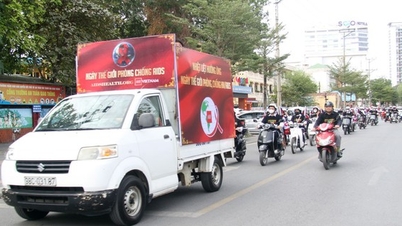

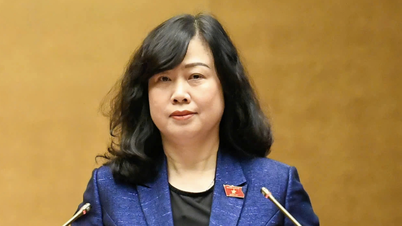

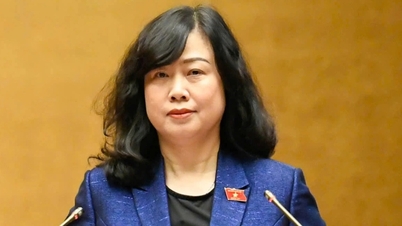
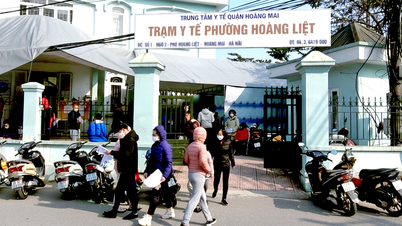

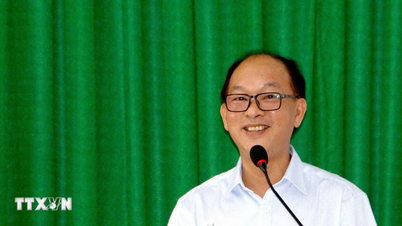

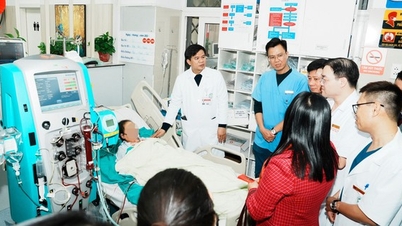


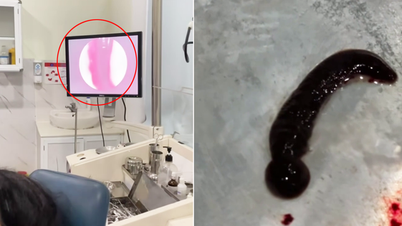









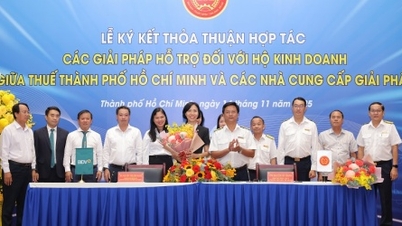






![[Photo] General Secretary To Lam and National Assembly Chairman Tran Thanh Man attend the 80th Anniversary of the Traditional Day of the Vietnamese Inspection Sector](https://vphoto.vietnam.vn/thumb/1200x675/vietnam/resource/IMAGE/2025/11/17/1763356362984_a2-bnd-7940-3561-jpg.webp)







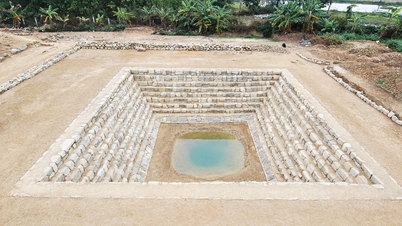

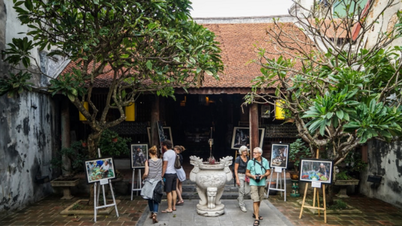















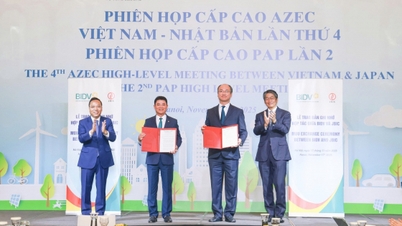














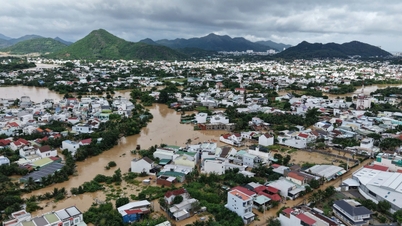


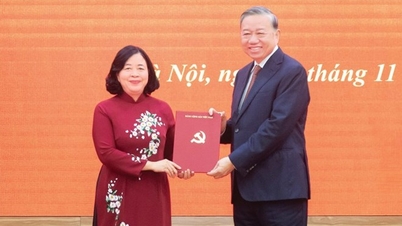
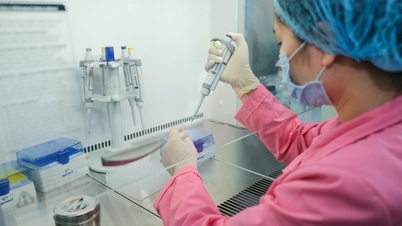

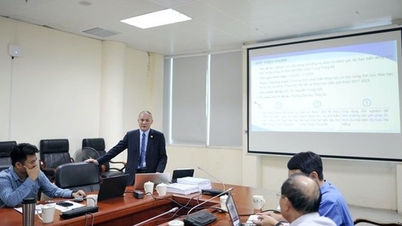


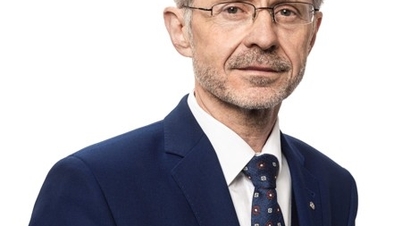

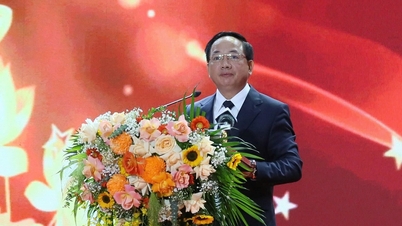



















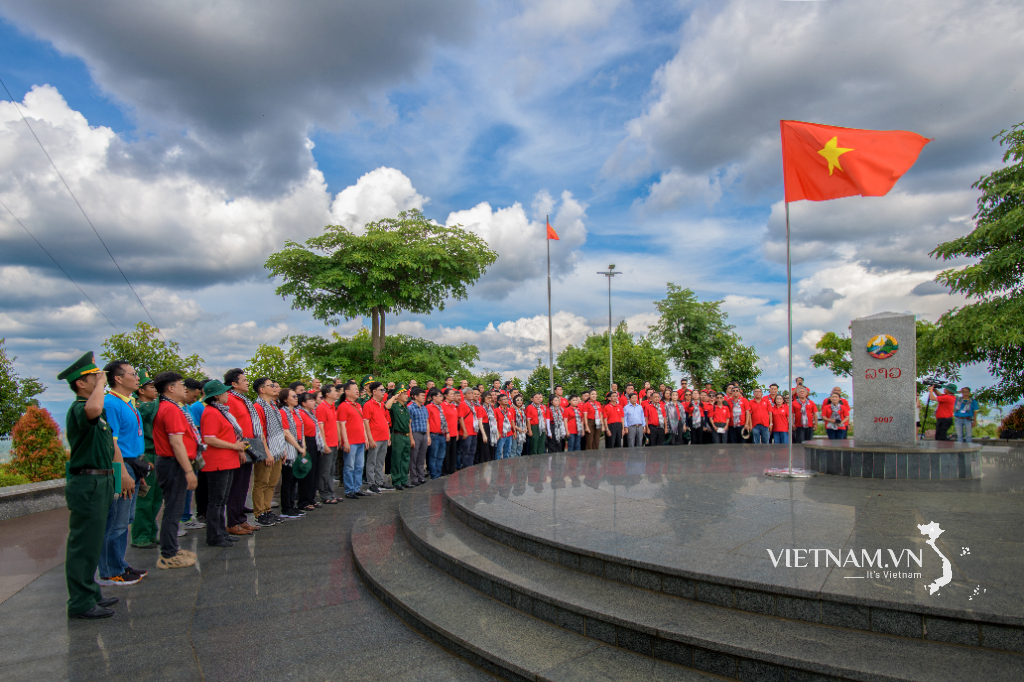



Comment (0)